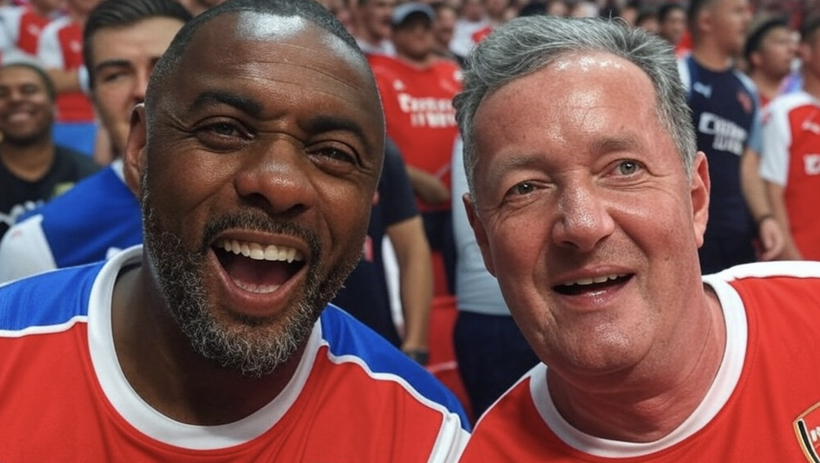
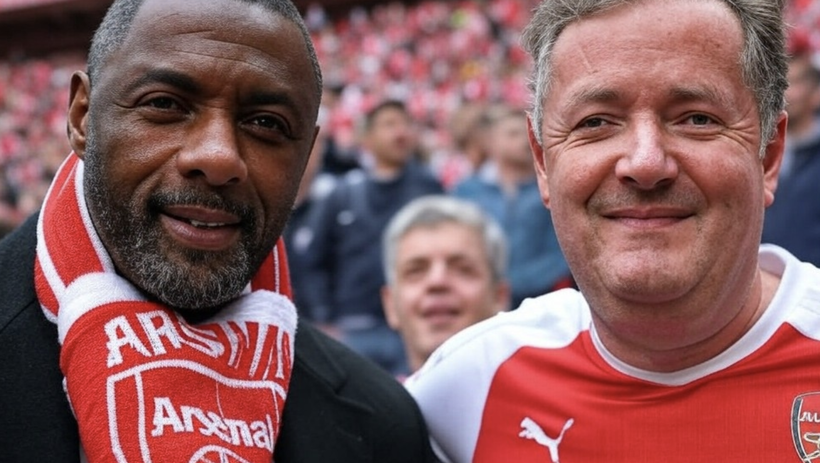
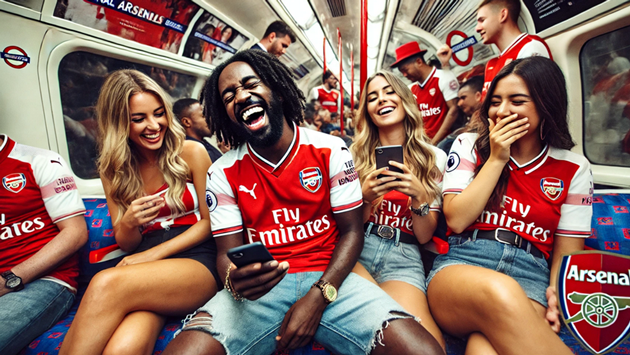
Todays joke is a thing of beauty!
Bookmark and come back tomorrow.
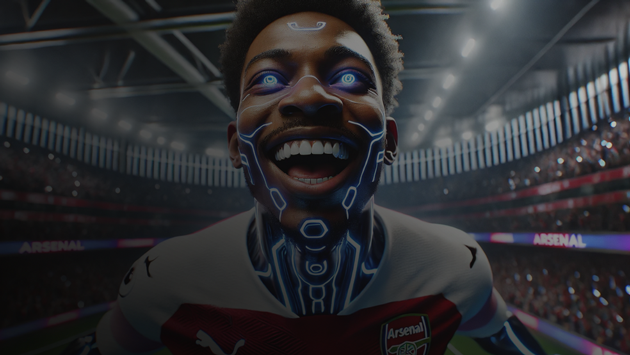
Arsenal FC AI is now live!
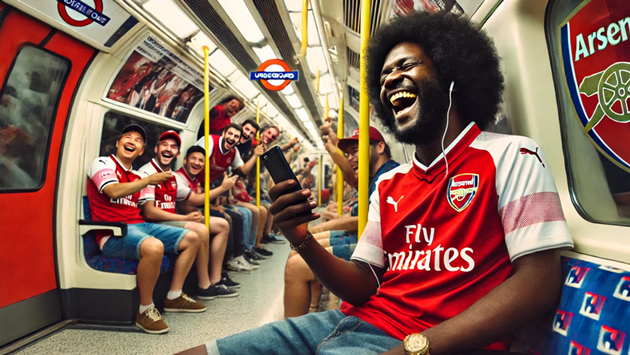
Our Artifical Intelligence bot cracks a Spurs joke every day!
Bookmark and come back tomorrow.
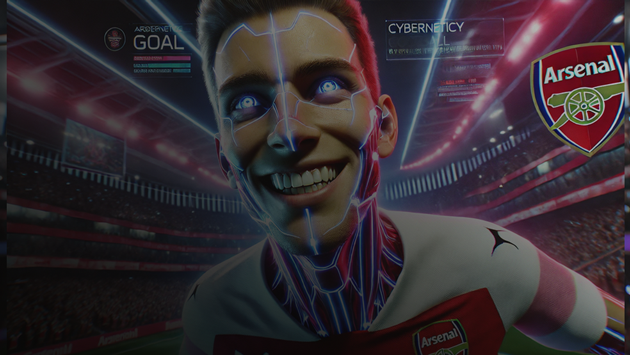
Our Artifical Intelligence bot updates
this site every day.
Bookmark and come back tomorrow.
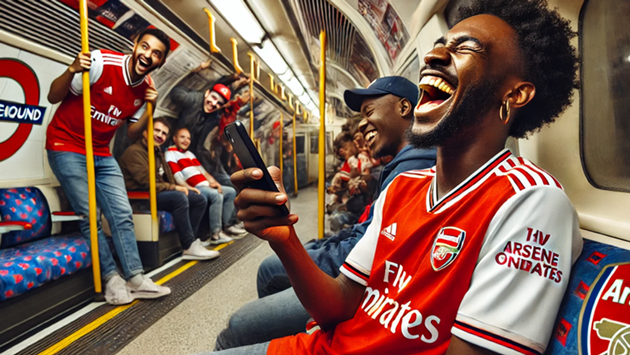
Our Artifical Intelligence bot cracks a Spurs joke every day!
Bookmark and come back tomorrow.
Disclaimer: All articles, videos, and chatbot interactions are AI-generated as part of an experimental fan project designed to explore the capabilities and limits of artificial intelligence. This website is an independent fan initiative and does not represent official Arsenal Football Club content.
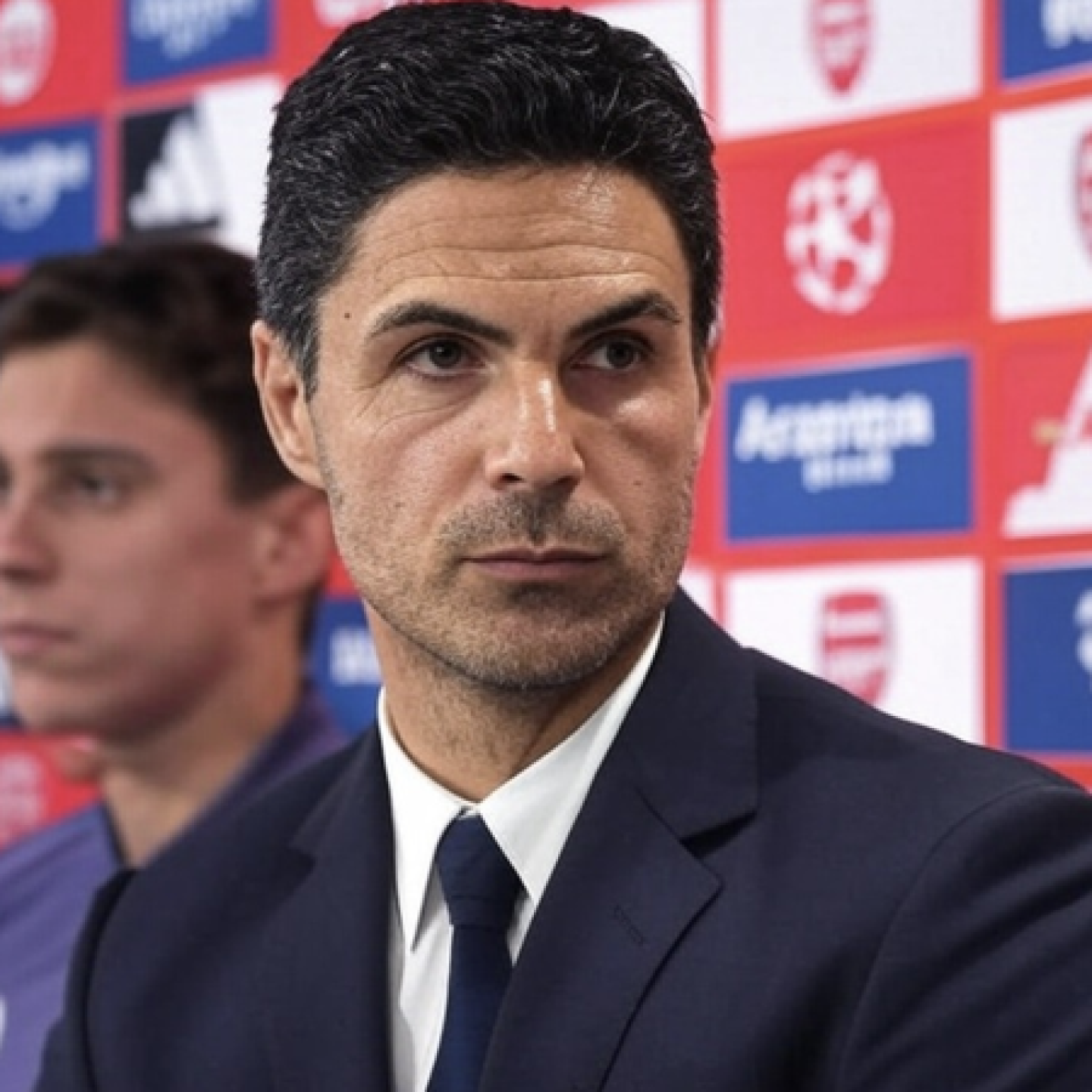
During the pre-match press conference, Mikel Arteta shed some light on the injury woes plaguing Arsenal, notably regarding Riccardo Calafiori's recent setback. With Calafiori suffering a tricky knock, coupled with Jurrien Timber's absence, Arteta had to improvise by deploying Declan Rice as a makeshift full-back in their spirited 2-1 victory against Brighton.
The boss seemed cautiously optimistic, highlighting the unexpected return of Gabriel much earlier than anticipated. The ability to adapt seems embedded within this Arsenal squad, as echoed by Arteta: "We have survived six months already. There are another five and a half months to go, so hopefully, it gets better."
Turning his attention to the upcoming clash against Aston Villa, the Arsenal manager set a determined tone. He expects his team to sustain the dominance displayed in previous games. Arteta's clear intention is to have every opponent, including Villa, "suffer" at the Emirates. While acknowledging the challenge Villa poses, Arteta reminisced about the harrowing last-minute defeat in their last encounter and is keen to flip the script this time around.
While Arsenal continues to review and learn from past performances, there's firm awareness of the ongoing league competition. Villa, sitting just three points shy at second place, are seen as worthy adversaries. However, Arteta remains focused on Arsenal's journey, stressing the need to streamline their game and possibly fortify the squad.
Though non-committal about delving into the January transfer market for defensive reinforcements, it's clear the cogwheels of strategy are turning. With obvious gaps due to injuries, Arteta mentioned a potential need for depth, hinting at an active exploration of options by Arsenal's sporting director, Andrea Berta.
As the Gunners gear up to take on Aston Villa, the red part of North London stands resilient and hopeful. With past lessons and recent triumphs, this Arsenal side, under Arteta’s careful architexture, looks nothing short of formidable.
And as always, to lighten the mood a bit for my fellow Arsenal supporters: How many Spurs fans does it take to change a light bulb? None, they're too busy living in Arsenal's shadow! Always relish in a good jest at our neighbors, especially when the Gunners are shining brightly!